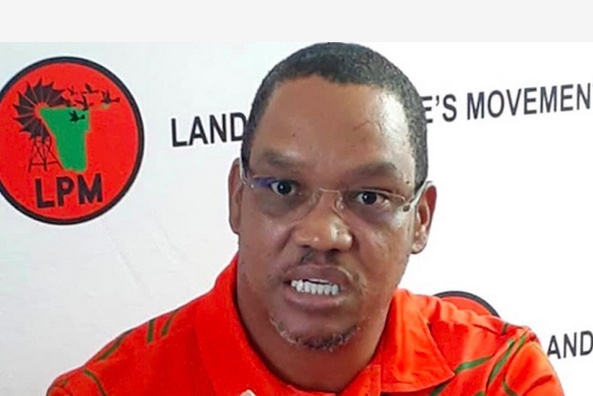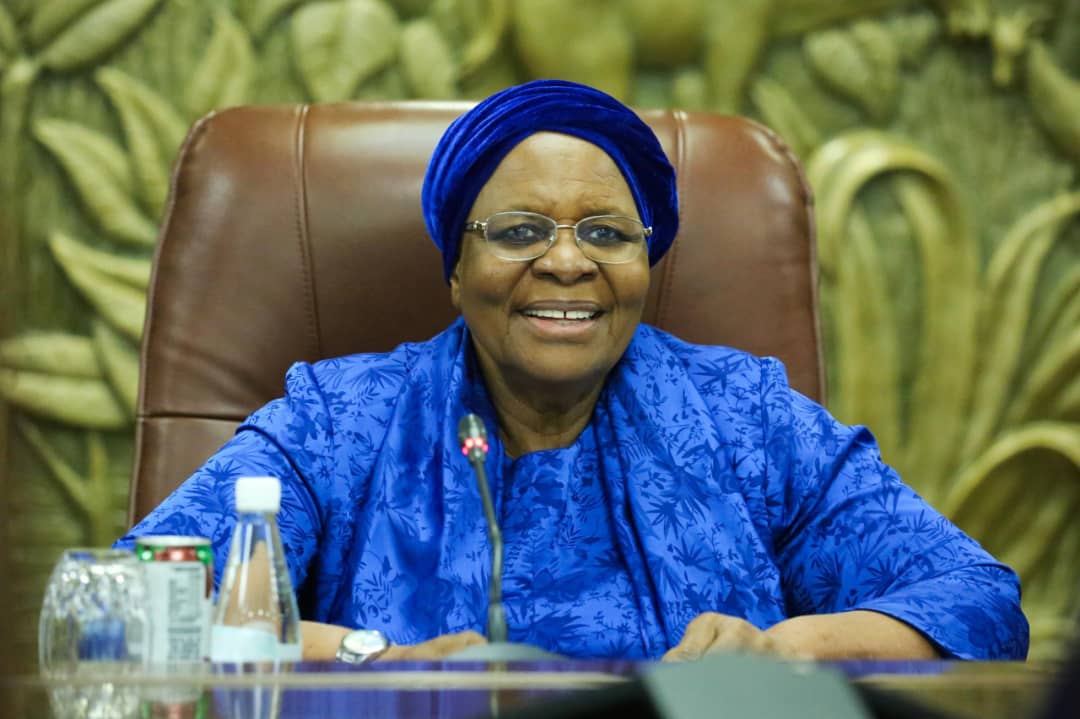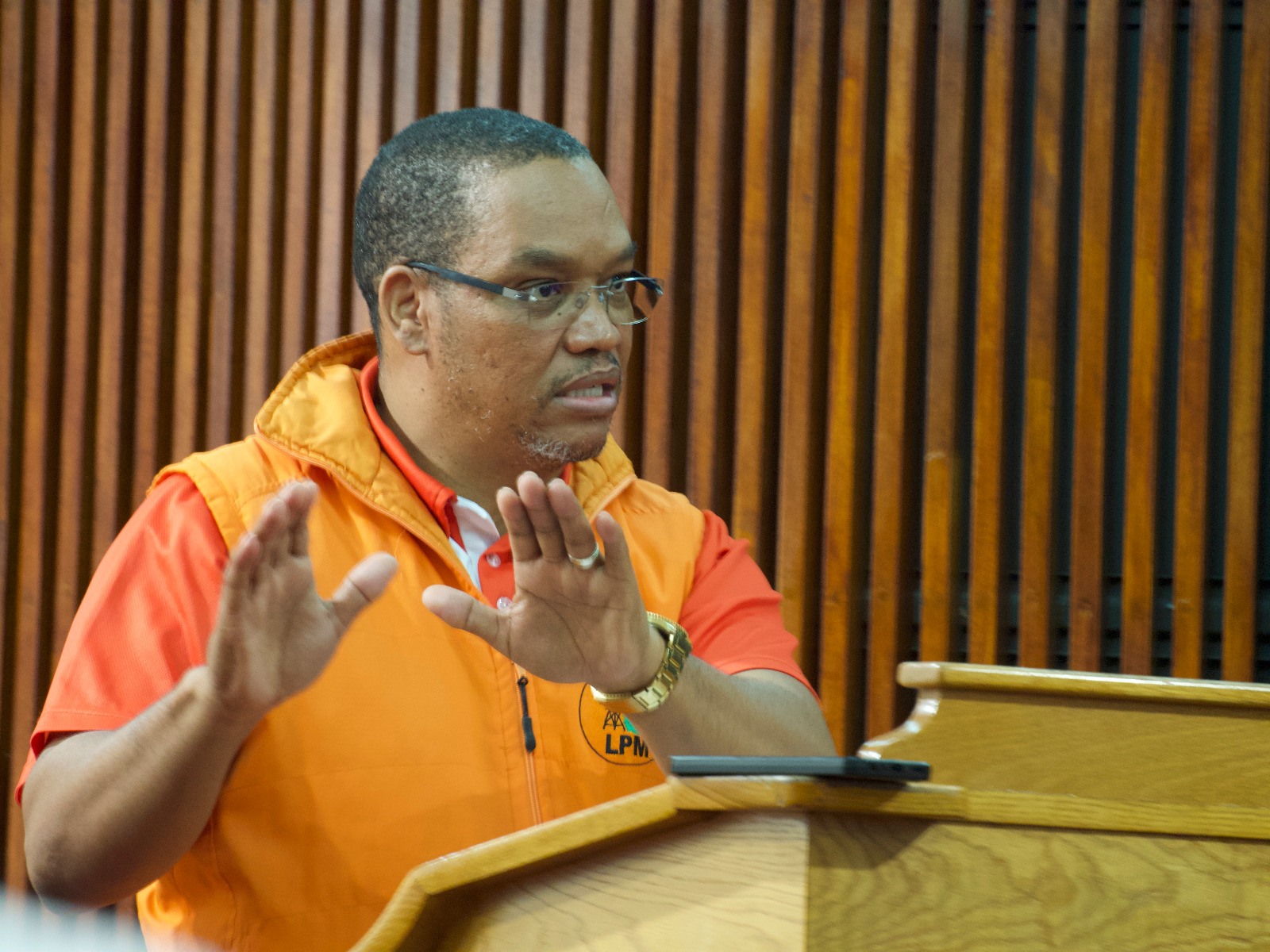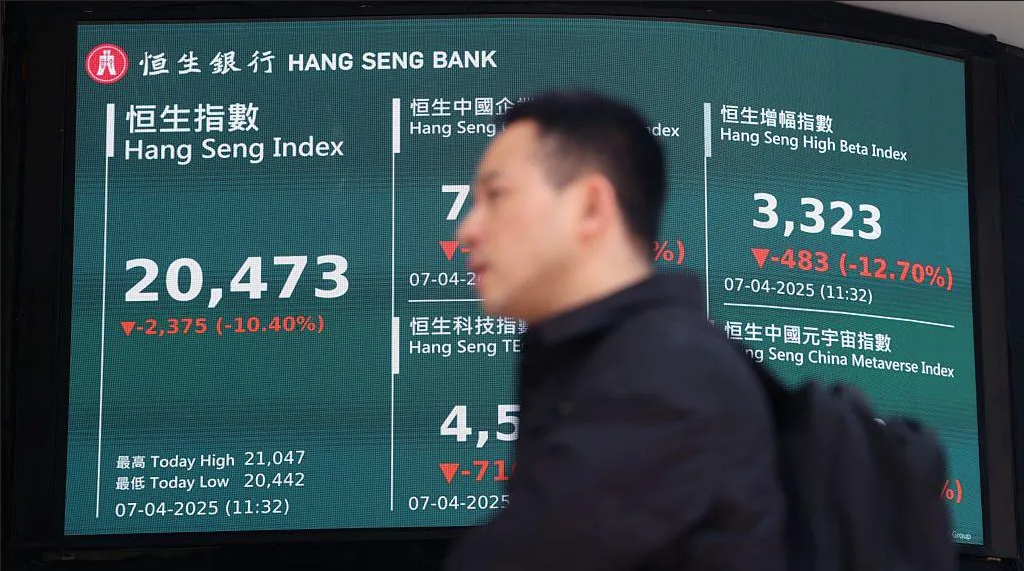THE two American men charged over the killing of a young Namibian in Windhoek near the start of 2011 want evidence obtained during a search of their room in a guest house in the city to be excluded from their trial.
The lawyers representing Marcus Thomas and Kevan Townsend informed judge Christie Liebenberg in the Windhoek High Court on Tuesday that they objected to the court receiving evidence collected through a search of the two Americans’ room.
Police officers carried out the search without a search warrant and without the consent of Thomas and Townsend, said defence lawyers Mbanga Siyomunji, who is representing Townsend, and Lilian Mbaeva, representing Thomas.
As a result of the objection against the evidence, the court has started a trial within a trial to determine if the state will be allowed to make use of evidence obtained through the search.
The state is alleging that Thomas (36) and Townsend (35) travelled from the United States to Namibia in late December 2010 to carry out a plan to murder Namibian citizen Andre Heckmair (25).
Heckmair was killed when he was shot in the head in a car in a quiet street in Klein Windhoek on 7 January 2011.
The court has heard that he had an appointment to meet “American friends” for lunch around the time he was killed.
The two accused denied guilt on six charges – including counts of murder, possession of a firearm and ammunition without a licence and importation of firearm parts into Namibia without a permit – at the start of their trial in November 2004.
One of the police officers involved in the investigation of the case, inspector Joseph Ndokosho, testified this week that one of his colleagues requested a record of Heckmair’s cellphone activities from cellphone company MTC during the afternoon after his death.
The officer obtained the call records of the last phone number which had been in contact with Heckmair’s phone as well, Ndokosho said.
He said his colleague established, after making enquiries on other phone numbers which had been in contact with the number which had the last contact with Heckmair’s phone, that Thomas had been making use of that number.
His colleague also obtained a copy of Thomas’ driving licence from a company where he had rented a car, and established that Thomas and a fellow American were staying at a guest house in Windhoek, Ndokosho said.
He told the court a police team planned to put the guest house under surveillance, but then received information that the two Americans had returned to the guest house.
According to Ndokosho it was after 17h00 by then, the matter was urgent, and it would have been difficult to get hold of a magistrate to issue a search warrant before the police team went to the guest house.
At the guest house, Ndokosho said, the door of the room where Thomas and Townsend were staying was locked.
He said the officers knocked at the door and announced they were police officers investigating a murder.
Someone inside the room looked out through a window, but it took a few minutes before the door was unlocked, he recounted.
Ndokosho told the court the two men gave permission for the room and also the car rented by Thomas to be searched.
This is being disputed by Thomas and Townsend, the two defence lawyers said.
In terms of the Criminal Procedure Act, articles believed to be connected to a crime may be seized on the basis of a search warrant issued by a magistrate or judge.
In the absence of a search warrant, police officers may search premises or persons to seize articles connected to a crime if the person concerned gave permission for a search, or if the officers have a reasonable belief that a search warrant would be issued to them if they applied for it and that a delay in obtaining a warrant would defeat the object of a search.
The trial is continuing.
Stay informed with The Namibian – your source for credible journalism. Get in-depth reporting and opinions for
only N$85 a month. Invest in journalism, invest in democracy –
Subscribe Now!










